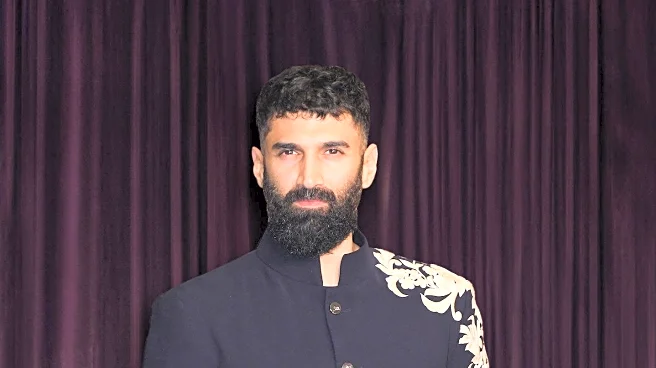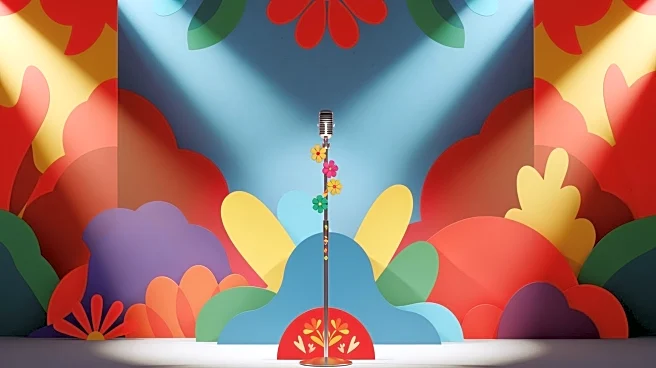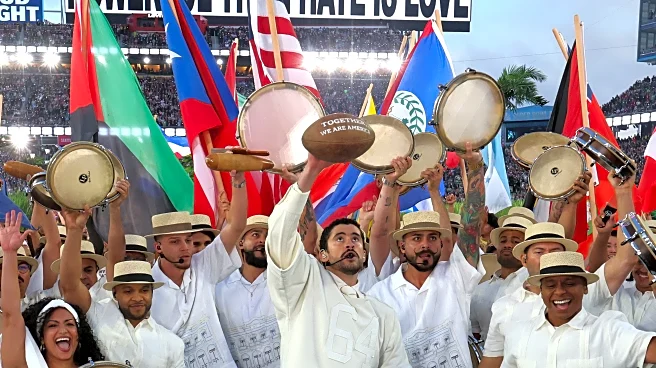Rapid Read • 8 min read
Critical race theory (CRT) is an academic legal theory that originated in the 1970s and 1980s, developed by scholars such as Derrick Bell and Kimberlé Crenshaw. It provides a framework for examining institutional structures and practices, particularly the legal system, through the lens of race. CRT posits that race is a socially constructed category used to oppress people of color and that U.S. legal institutions are inherently racist, maintaining inequalities between white and nonwhite people. Recently, CRT has become a focal point in public discourse, with debates over its teaching in schools and its broader implications. Lawmakers have introduced legislation limiting how CRT-related topics are taught, leading to increased censorship and book bans in libraries.
AD
The controversy surrounding CRT highlights ongoing tensions in U.S. society regarding race and education. Critics argue that CRT misrepresents historical facts and promotes divisive narratives, while supporters see it as essential for understanding systemic racism and promoting social justice. The debate impacts educational policies, with potential consequences for how race and history are taught in schools. The rise of anti-CRT legislation reflects broader cultural conflicts and efforts to control narratives about race and history, affecting educators, students, and library staff who may face challenges in discussing race-related topics.
The future of CRT in education remains uncertain as lawmakers continue to propose and pass legislation restricting its teaching. Educators and library staff may need to navigate these restrictions carefully, potentially altering curricula and programs to comply with new laws. The debate is likely to persist, with ongoing discussions about the role of race in education and public policy. Stakeholders, including educators, policymakers, and civil rights organizations, will continue to engage in dialogue and advocacy to address these issues.
The CRT debate raises ethical questions about censorship and the role of education in addressing historical and contemporary racial issues. It also reflects broader societal struggles over memory and identity, as different groups seek to shape public understanding of race and history. The controversy may lead to long-term shifts in educational practices and public discourse, influencing how future generations understand and engage with issues of race and justice.
AD
More Stories You Might Enjoy











